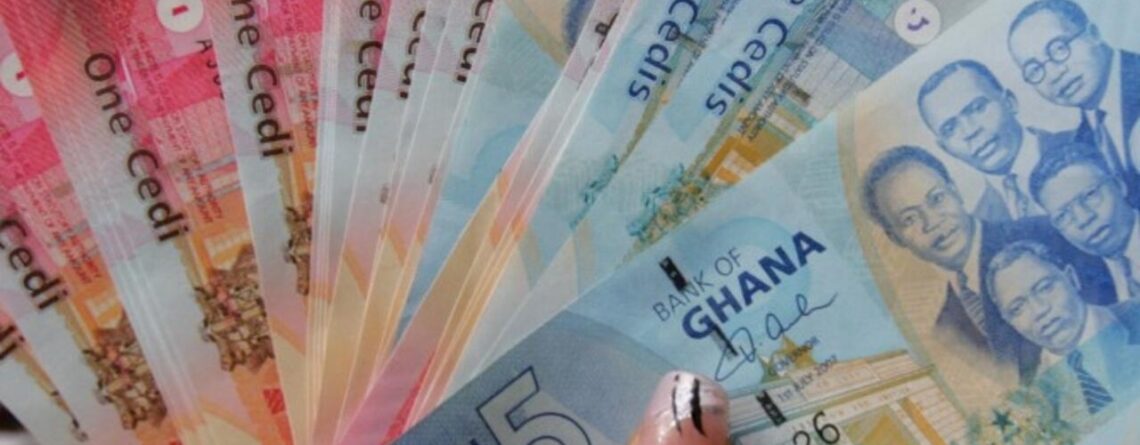Ghana. Government settles all outstanding pensions contributions ending August 2023
The Chief Executive of the National Pensions Regulatory Authority (NPRA), Hayford Attah Krufi, has revealed that government has cleared all outstanding Tier 1 and Tier 2 pension contributions ending August 2023.
According to hin, the payment was done in September 2023, after government finalised the Domestic Debt Exchange Porogrammme.
“About ¢2.3 billion payments has been released to clear all these arrears”, Mr. Krufi stressed.
Background
The 2022 Financial Stability Review report released by the Bank of Ghana showed that government had defaulted on pension arrears from October 2022 to May 2023.
“Government continues to delay in payments of Tiers 1 and 2 contributions. As at June-end 2023, contributions for the period October 2022 to May 2023 were outstanding.”
“Even though some payment was received in March 2023, it covered the period up to September 2022”, the report added.
The report captured the NPRA’s response saying “the Authority will continue to negotiate with government on the payment of outstanding contributions and timely payment of subsequent contributions to address this issue”.
The Financial Stability Review report reviewed that as at March 2023, the assets available for benefits of the SSNIT-managed Basic National Social Security Scheme (BNSSS) stood at ¢13.5 billion, representing 11.6% growth from the ¢12.1 billion recorded in December 2022.
Similarly, as of March 2023, the total contributions received under the BNSSS amounted to ₵1.5 billion compared to total benefits paid for the same period as GH₵ 1.3 billion. The BNSSS posted a negative real rate of return of 26.46 per cent at the end of March 2023.
However, the NPRA maintained that the indicators are expected to improve when the rate of default in contribution payments are settled.
The Trust (SSNIT) has intensified its compliance activities aimed at improving pensions coverage especially in the informal sector. Following the initial exemption of Pension Funds from the Domestic Debt Exchange Programme and the
NPRA and the way forward
Mr. Krufi pointed out that it was important to complete the debt exchange programme to ascertain the state of government finances in relation to the debt stock.
“These delays can be described as normal, but everything is being done to ensure that government meet its obligations” he said.
On meeting timelines for payment, Mr. Krufi said the law allows government and employers to make the payment on the 14th of the next month.
Regulating the pensions sector
Mr. Krufi said the regulator is reviewing activities in the sector to ensure contributors are not shortchanged.
This has led to the NPRA to implement the Risk-Based Supervision (RBS) model as part of the SECO phase II project.
The RBS is aimed at automating the NPRA’s monitoring and regulatory functions. This automation is to improve the efficiency of obtaining data from regulated entities.
“As part of the transitional RBS model, new reporting templates were developed and issued to the industry which the industry has been reporting on since May 2023”, Mr. Krufi said.
He added that the ERM has led to the development and automation of a Risk Register for the pensions industry to aid in identifying and mitigating potential risk events before their occurrence
Read more myjoyonline











